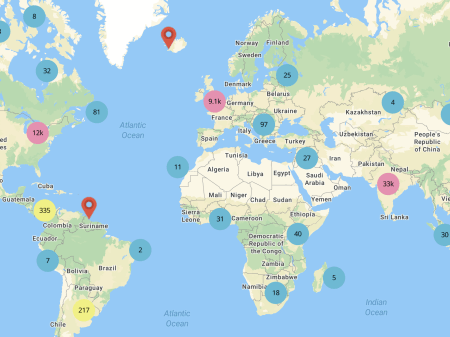
The government of Romania will be entering a partnership with the Orthodox Church to promote co-operatives and farmer associations in rural areas. The measure is designed to boost people’s confidence in the co-operative model in agriculture.
Farmers associate co-operatives with forced collectivisation, which ended after 1989. As a result, they are reluctant to explore the co-operative model in agriculture. Only 1% of Romanian farmers are members of co-operatives.
The Ministry of agriculture and the Romanian Orthodox Church will be signing a collaboration agreement. The five year project will receive €2.2m financing from the government, which will be spent on promotional material and TV campaigns to promote agricultural co-operatives.
Around 80% of people living in rural areas say they “highly trust” the church. The government is looking to build on that trust by asking priests to explain to farmers what are the main benefits of working together in associations or co-operatives. They aim to increase the percentage of farmers involved in co-operatives to 3% by the end of this year and 20% by 2020.
Current prime minister, Dacian Ciolos is a former EU Commissioner for Agriculture and Rural Development. While in Brussels, he expressed support for producer organisations as a means to stabilise the market.




